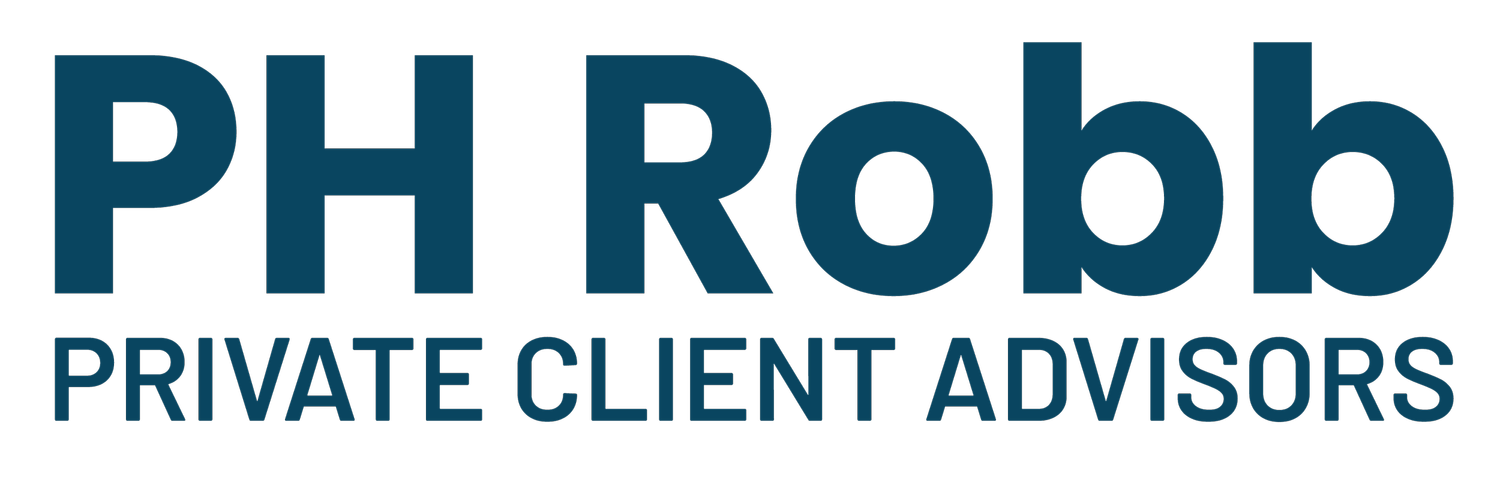Incorporating charitable contributions into your financial planning can be an effective strategy for both tax savings and giving back to the community. By understanding how charitable income and tax planning work together, you can make educated decisions that align with your financial goals while supporting meaningful causes.
Charitable & Income Tax Planning: How to Incorporate Charitable Contributions in Your Financial Planning

Understanding Charitable Contributions and Tax Benefits
Charitable contributions offer significant tax benefits. Donors can deduct contributions from their taxable income, reducing their overall tax liability. This means not only are you supporting a cause you care about, but you’re also maximizing efficiency in your financial planning. Familiarizing yourself with the IRS rules on deductible contributions is crucial.

Utilizing Donor-Advised Funds
Setting up a donor-advised fund (DAF) can be a powerful tool for charitable giving. DAFs allow you to contribute to a fund and receive an immediate tax deduction while having the flexibility to distribute the funds over time. This enables you to create a structured giving plan that aligns with your philanthropic ambitions, allowing for strategic planning of both contributions and tax implications.

Incorporating Charitable Trusts
Charitable remainder trusts (CRTs) and charitable lead trusts (CLTs) can serve as effective vehicles for charitable giving while providing income and tax benefits. A CRT can provide you with income for a specified term before the remainder goes to charity, allowing for a tax deduction in the present. Conversely, a CLT provides income to a charity for a set period, benefiting your heirs afterward. These trusts can be tailored to align with your long-term financial strategies.

Timing Your Contributions
The timing of charitable contributions can significantly impact your tax benefits. For instance, bunching contributions into a single tax year may maximize your deduction in high-income years. Understanding market conditions and personal financial situations will help you decide the best time to give, making your philanthropy both impactful and tax-efficient.
The Next Step
Incorporating charitable contributions into your financial strategy can enhance your tax planning while fulfilling philanthropic goals. At PH Robb Private Client Advisors, we can help you explore your options and create a tailored plan that aligns with your objectives. Contact us today to get started on your charitable income and tax planning journey!
